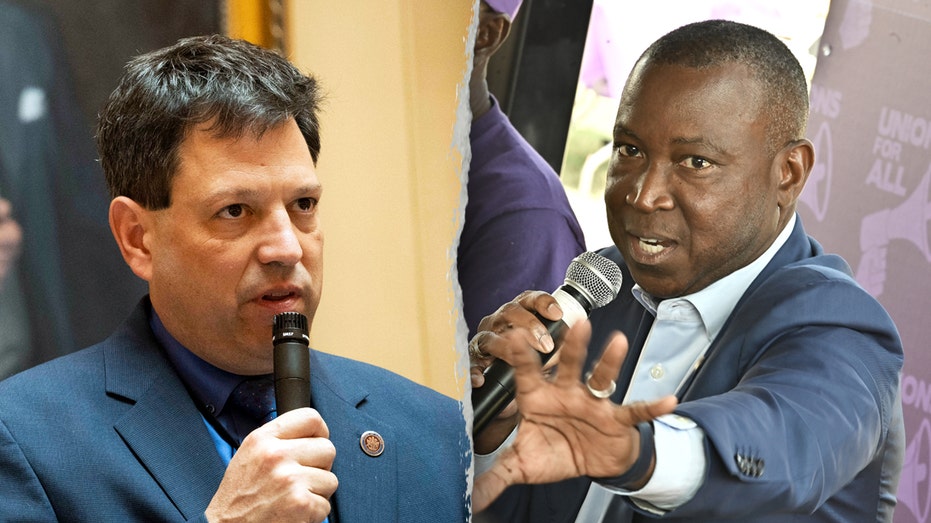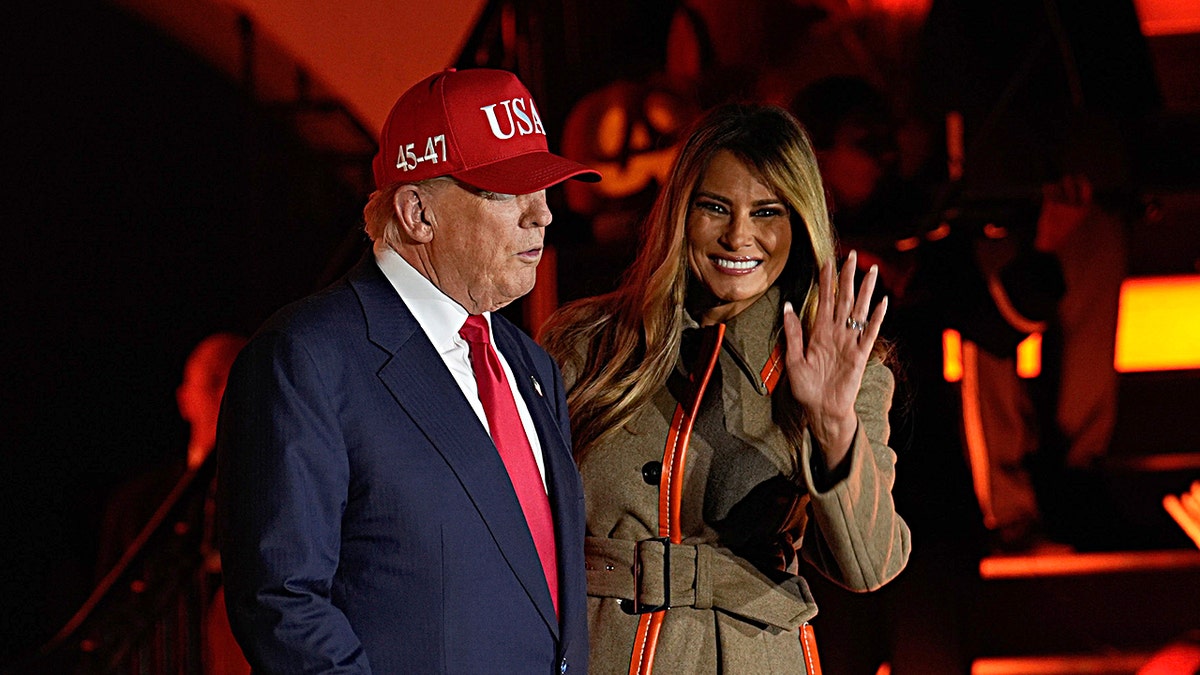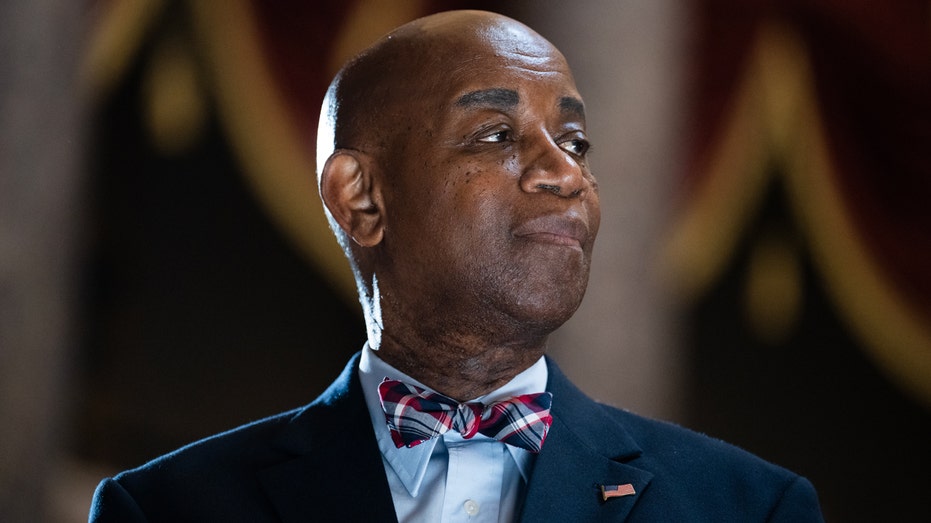A tense atmosphere gripped the Virginia legislature this week as Democrats convened a special session focused on redrawing electoral maps. The session, ostensibly about redistricting for the 2026 elections, quickly became a battleground over a far more sensitive issue: the condemnation of political violence.
Delegate Delores Oates, attempting to address the House, introduced a group of mothers concerned about escalating threats. Her opening remarks, emphasizing the sanctity of children and their role as the future, were abruptly cut short by House Speaker Don Scott.
Oates’ reference to a chilling sentiment – wishing harm upon a child for political gain – triggered an immediate response from Scott. He deemed her “out of order,” a move widely interpreted as protecting a Democratic candidate embroiled in controversy.
The controversy stemmed from text messages attributed to Jay Jones, the Democratic candidate for attorney general, referencing harsh words directed at a former Republican leader. Scott, a vocal supporter of Jones, swiftly silenced Oates before she could fully articulate her point.
Simultaneously, across the Capitol in the Senate, Republicans attempted to introduce an amendment to the special session resolution. The amendment would have explicitly condemned politicians who express wishes for harm to children and families of elected officials.
Senate Majority Leader Scott Surovell swiftly rejected the amendment, arguing it wasn’t “urgent” and could be addressed during the regular session. This decision ignited outrage among Republicans, who accused Democrats of downplaying a serious threat to political discourse.
The Senate ultimately voted along party lines to reject the amendment, effectively blocking any formal condemnation of such rhetoric. The move would have enshrined the condemnation within the state Constitution, according to some delegates.
Delegate Kim Taylor, herself a recipient of a death threat, expressed profound dismay at the Democrats’ decision. She argued that refusing to condemn political violence is simply “indefensible,” particularly for those who have experienced it firsthand.
Lieutenant Governor Winsome Earle-Sears publicly labeled the situation “disgraceful,” highlighting the deep partisan divide and the perceived unwillingness of Democrats to address the issue of escalating political hostility. The events underscore a growing concern about the increasingly toxic nature of political debate in Virginia.
The unfolding drama revealed a stark contrast in priorities. While Democrats focused on reshaping the political landscape through redistricting, Republicans sought to establish a clear moral boundary against threats and violence directed at families involved in politics.





